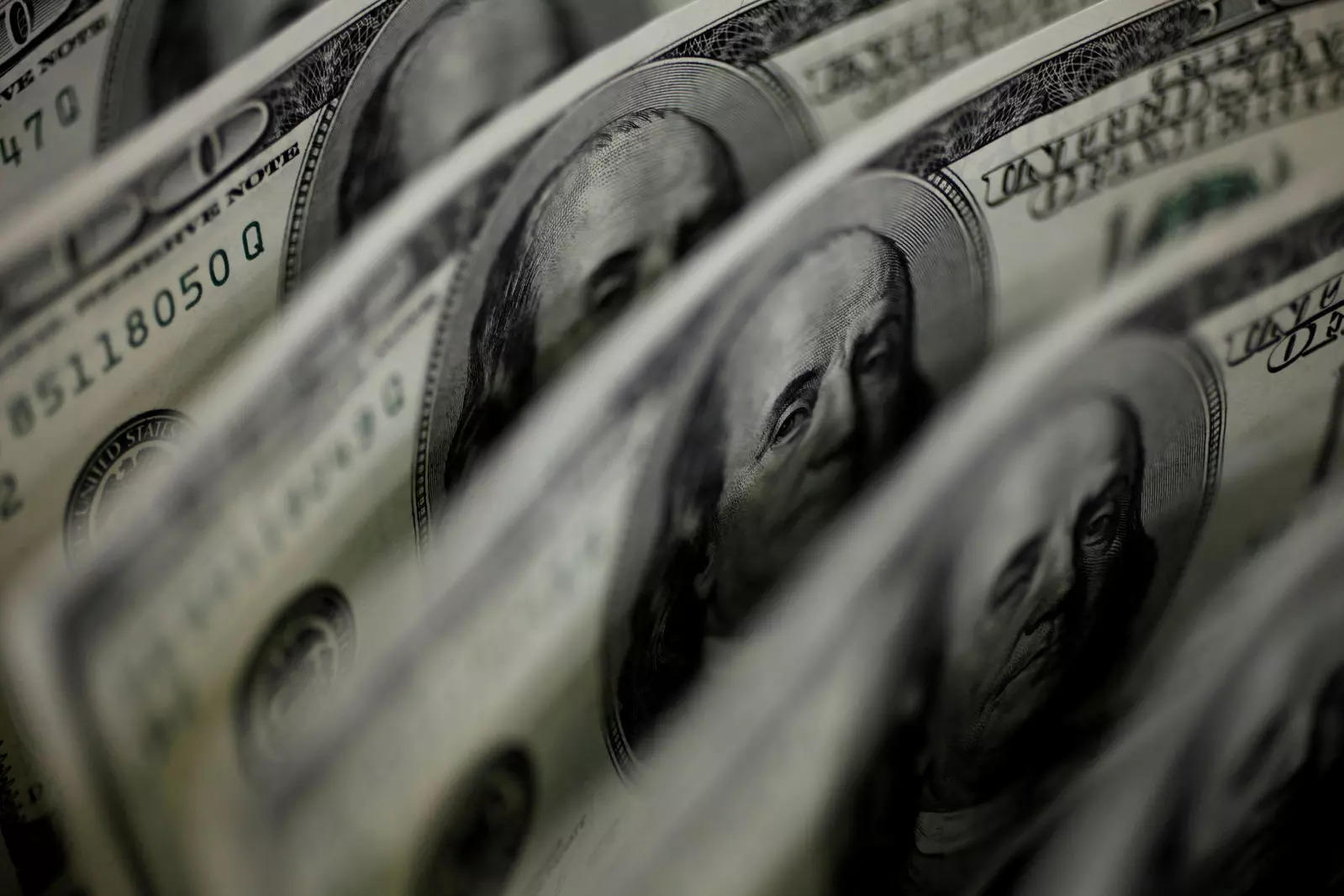
NEW YORK: The dollar fell for a fourth straight day against a basket of other major currencies on Friday after a much weaker than expected US payrolls report that is likely to keep the Federal Reserve at bay in scaling back its massive stimulus measures.
Nonfarm payrolls increased by 235,000 in August, well short of the 728,000 forecast by economists in a Reuters poll, while the unemployment rate dipped to 5.2% from 5.4% in the prior month.
The dollar index dropped to a low of 91.941, its lowest level since Aug. 4, and was last down 0.231% at 92.014. The index is down about 0.7% on the week.
The dollar has been subdued on uncertainty over the path of Fed policy. Fed Chair Jerome Powell said last Friday that while tapering of its stimulus could begin this year if job growth continues, the central bank was in no hurry to do so.
Rising COVID-19 cases in recent weeks have brought on concerns the economic recovery could stall. The jobs data will likely keep the Fed on hold.
“It adds more concern or focus on the October number, because now we want to see if there is a trend,” said JB Mackenzie, managing director for futures and forex at TD Ameritrade in Chicago.
“(The Fed) is trying to telegraph that if the economy continues to heat up and they need to take action, they will, and that transparency is important to the markets and that is one of the main reasons you continue to see not a huge reaction to the downside here because the market feels as though they have been given that clear direction.”
Mackenzie said the 92 level was an important support level for the greenback after having bounced back from that level in early August.
Separately, data from the Institute for Supply Management showed activity in the services sector grew at a moderate pace in August, with signs that rising prices and supply constraints were beginning to ease.
The euro strengthened against the greenback following the report, touching a high of 1.1909 to match its best level since July 30.
The single currency has been supported by data earlier this week that showed regional inflation at a decade high and hawkish comments from European Central Bank officials ahead of a policy meeting on Sept. 9.
The euro was last up 0.15% to $1.1891.
The Japanese yen strengthened 0.29% versus the greenback to 109.62 per dollar, gaining ground after the jobs data, but showed little reaction to Prime Minister Yoshihide Suga’s decision to step down at the end of the month.
In cryptocurrencies, Bitcoin last rose 2.2% to $50,358.39 while ethereum last rose 4.48% to $3,956.04 after rising as high as $4,025 to top the $4,000 mark for the first time since May 15.
